Shaena Montanari joined The Transmitter as an enterprise reporter in January 2023. She was previously an investigative health reporter at the Arizona Center for Investigative Reporting in Phoenix. Prior to becoming a journalist, Shaena worked as a paleontologist.
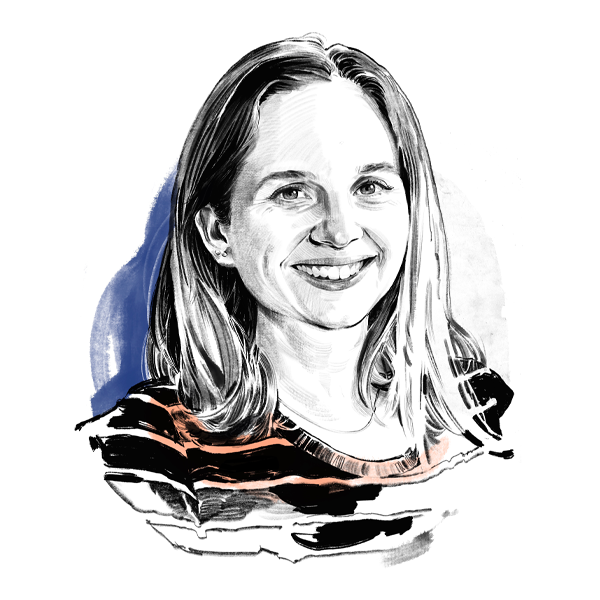
Shaena Montanari
Reporter
The Transmitter
From this contributor
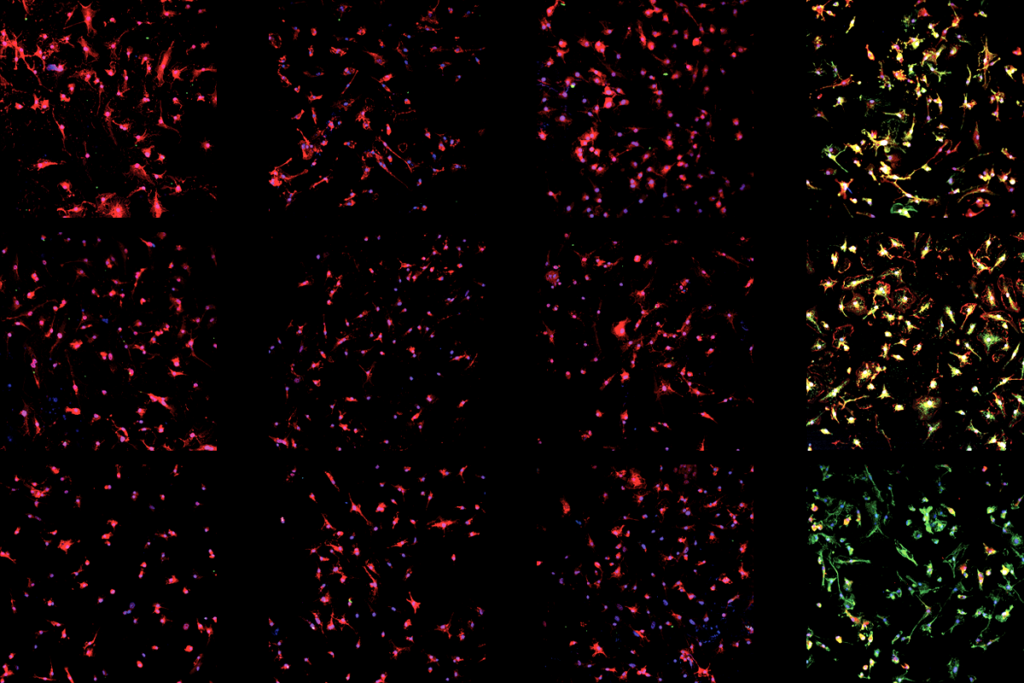
Authors correct image errors in Neuron paper that challenged microglia-to-neuron conversion
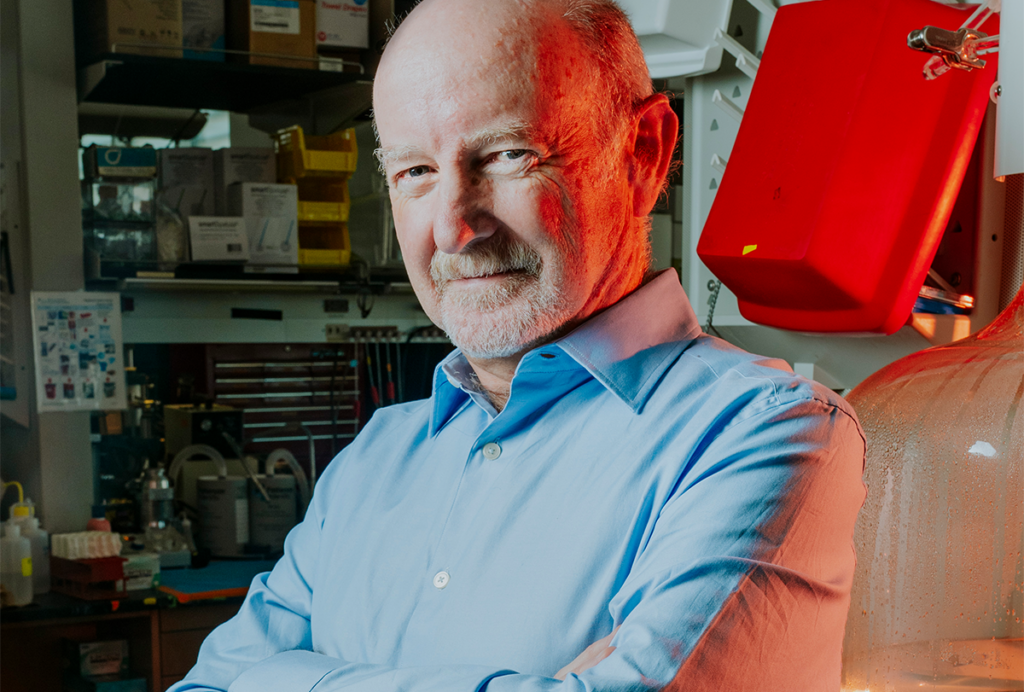
Releasing the Hydra with Rafael Yuste
Plaque levels differ in popular Alzheimer’s mouse model depending on which parent’s variants are passed down
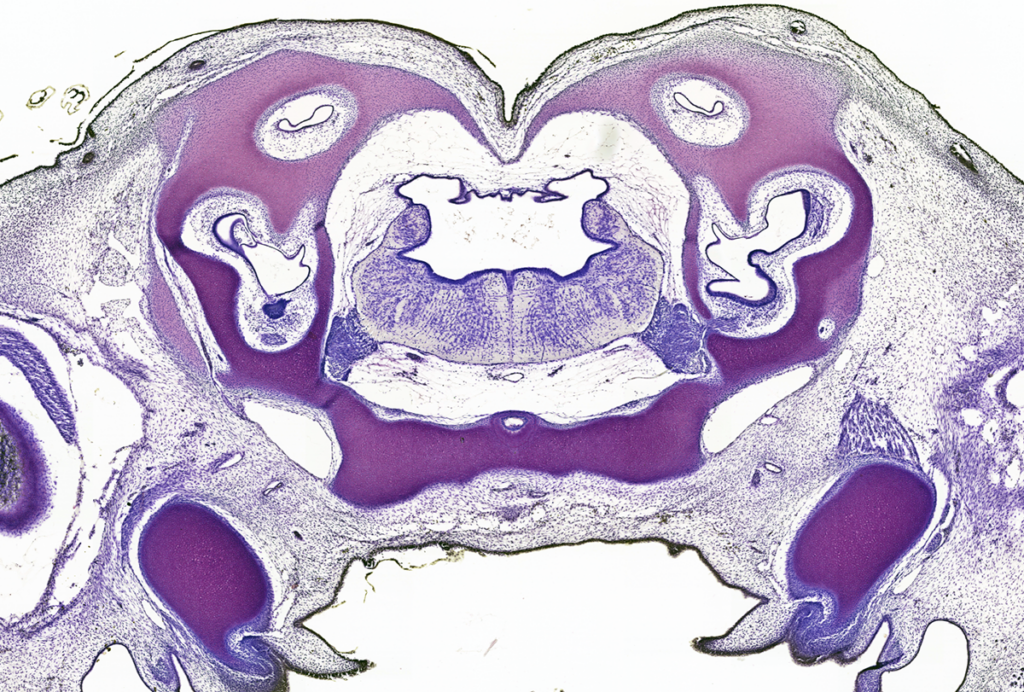
Digitization of ‘breathtaking’ neuroanatomy slide collection offers untapped research gold mine
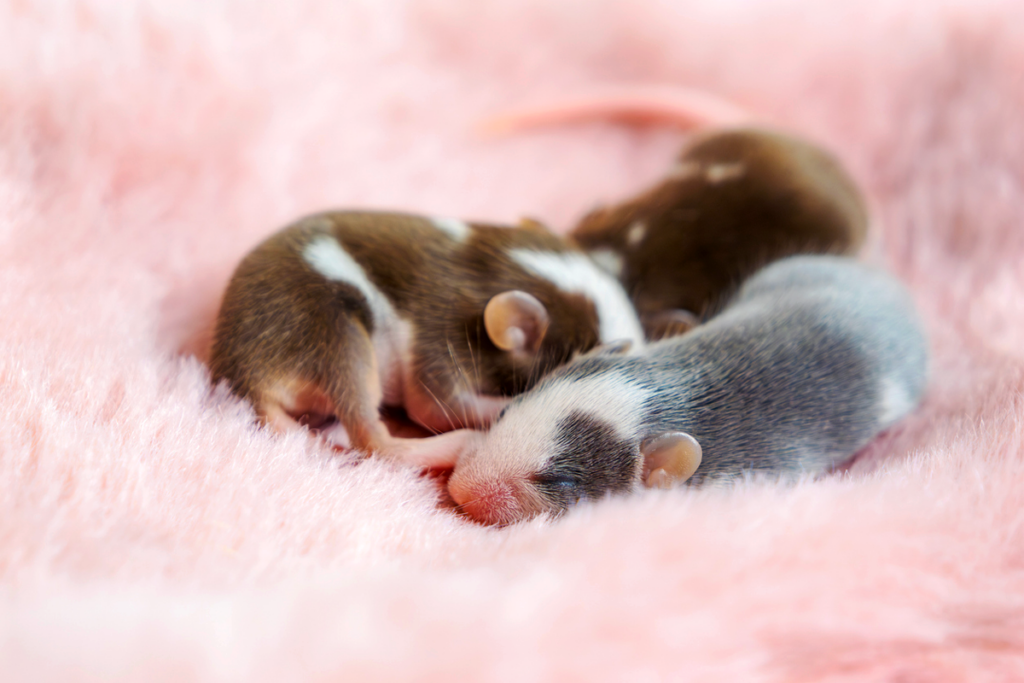
Fleeting sleep interruptions may help brain reset
Education
- M.A. in investigative journalism, Arizona State University
- Ph.D. in comparative biology, Richard Gilder Graduate School at the American Museum of Natural History
- B.S. in geological sciences, University of North Carolina at Chapel Hill
Fellowships
- AAAS Science and Technology Policy Fellowship
- AAAS Mass Media Fellowship
- Royal Society Newton International Fellowship
Articles
- “Cracking the egg: the use of modern and fossil eggs for ecological, environmental and biological interpretation” | Royal Society Open Science
- “Pliocene paleoenvironments of southeastern Queensland, Australia inferred from stable isotopes of marsupial tooth enamel” | PLOS ONE
- “Dinosaur eggshell and tooth enamel geochemistry as an indicator of Mongolian Late Cretaceous paleoenvironments” | Palaeogeography, Palaeoclimatology, Palaeoecology
Explore more from The Transmitter
Machine learning spots neural progenitors in adult human brains
But the finding has not settled the long-standing debate over the existence and extent of neurogenesis during adulthood, says Yale University neuroscientist Juan Arellano.

Machine learning spots neural progenitors in adult human brains
But the finding has not settled the long-standing debate over the existence and extent of neurogenesis during adulthood, says Yale University neuroscientist Juan Arellano.
Xiao-Jing Wang outlines the future of theoretical neuroscience
Wang discusses why he decided the time was right for a new theoretical neuroscience textbook and how bifurcation is a key missing concept in neuroscience explanations.
Xiao-Jing Wang outlines the future of theoretical neuroscience
Wang discusses why he decided the time was right for a new theoretical neuroscience textbook and how bifurcation is a key missing concept in neuroscience explanations.
Memory study sparks debate over statistical methods
Critics of a 2024 Nature paper suggest the authors failed to address the risk of false-positive findings. The authors argue more rigorous methods can result in missed leads.

Memory study sparks debate over statistical methods
Critics of a 2024 Nature paper suggest the authors failed to address the risk of false-positive findings. The authors argue more rigorous methods can result in missed leads.